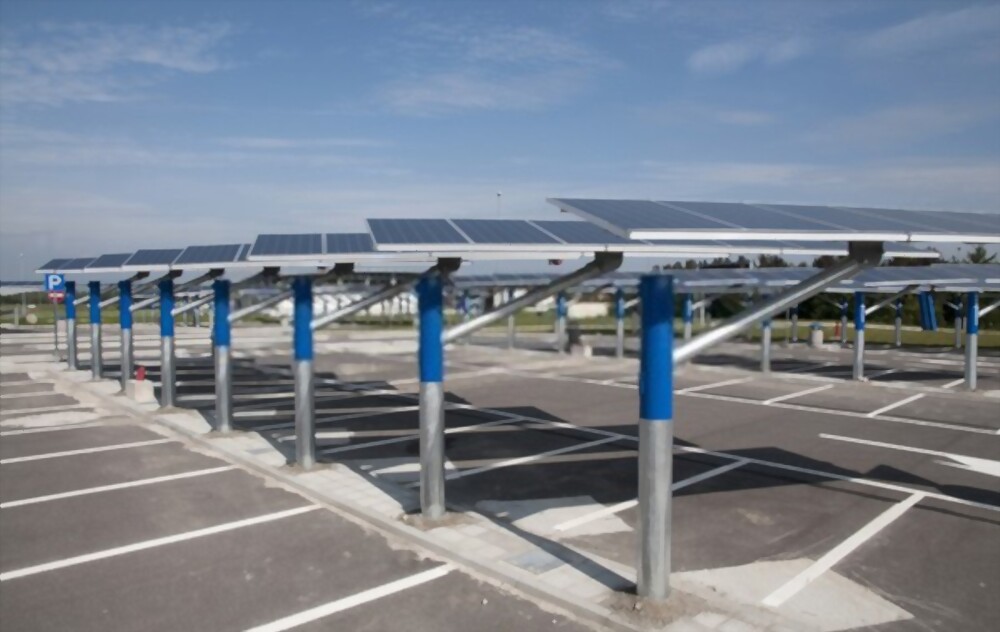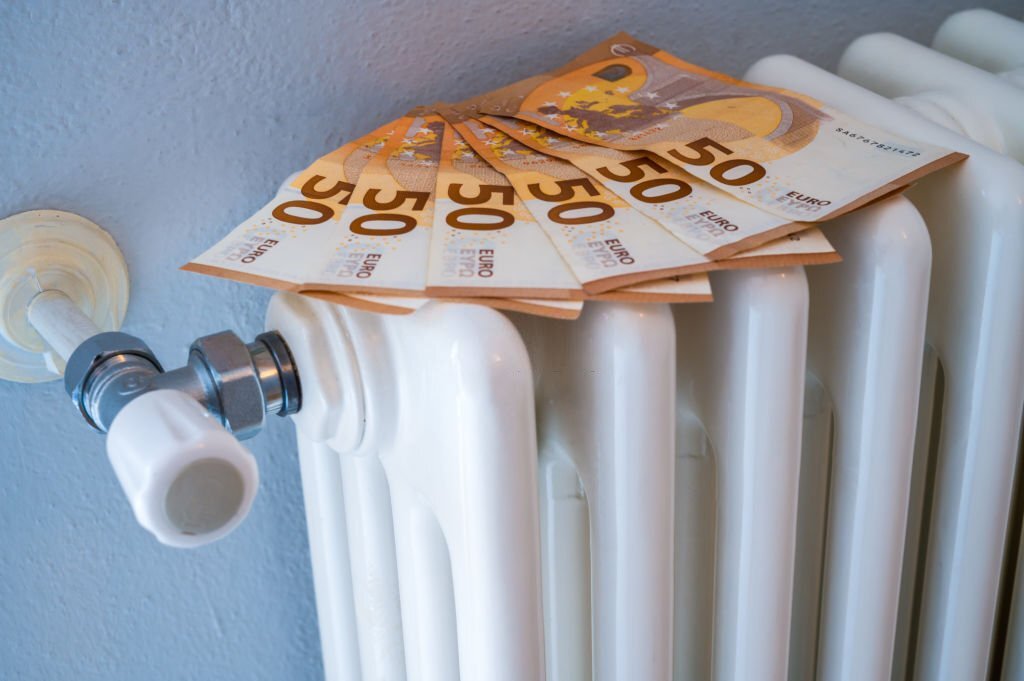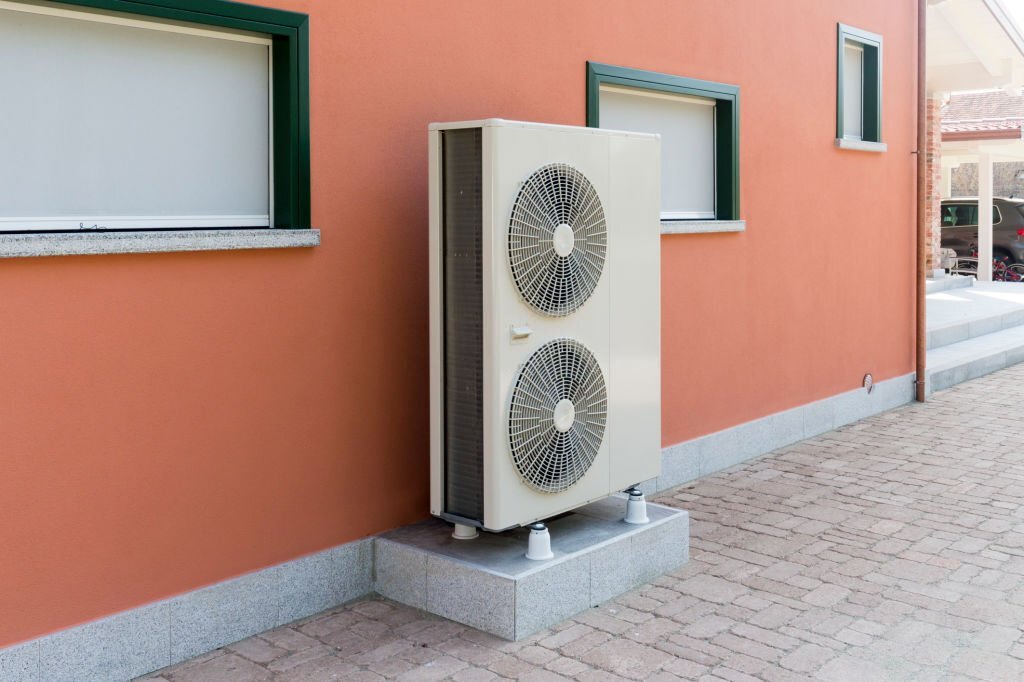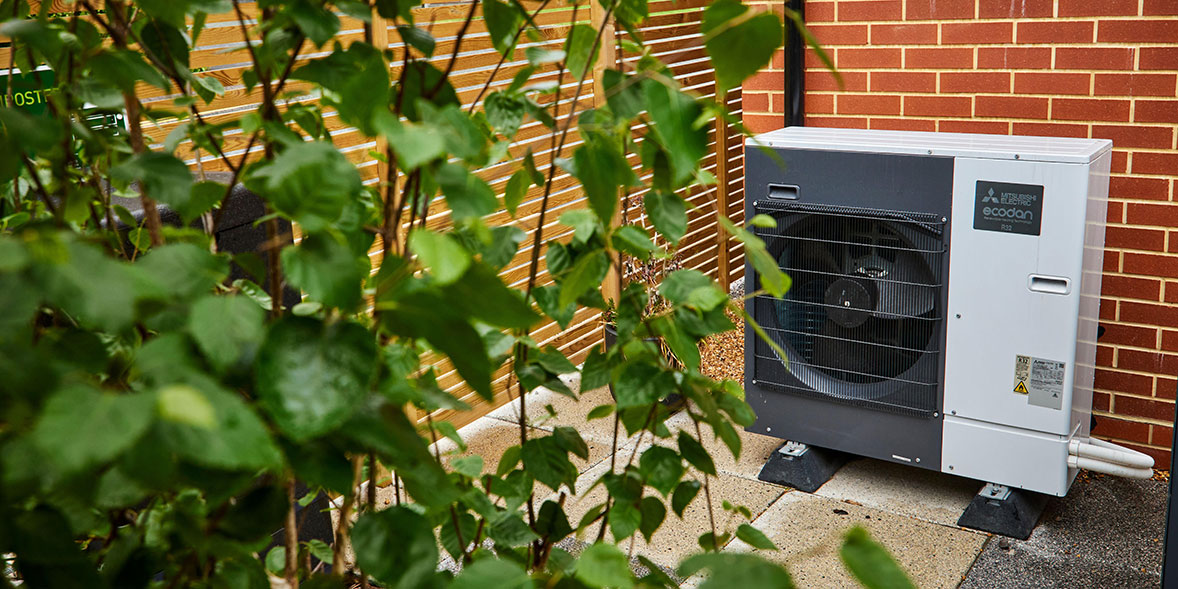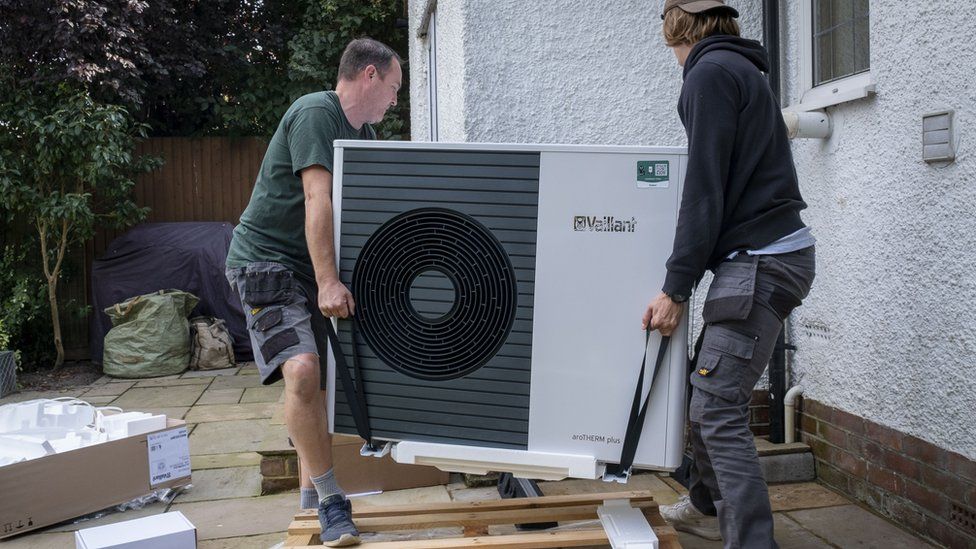When considering the conversion of one’s residence into an energy-efficient sanctuary, the installation of loft insulation emerges as a pivotal undertaking in home improvement. Homeowners in the United Kingdom are fortunate, since the government has implemented measures to offer grants and incentives aimed at enhancing the accessibility and affordability of loft insulation. This article aims to examine the fundamental elements of loft insulation and the government incentives offered in the United Kingdom, with the objective of assisting homeowners in enhancing the energy efficiency of their residences.
Energy Efficiency Enhancement and Energy Savings:
The installation of loft insulation is of utmost importance in effectively controlling the temperature within one’s residence. By reducing thermal energy transfer through the roof, it guarantees thermal comfort during the winter season and thermal regulation during the summer season. This phenomenon not only contributes to the creation of a more comfortable living environment but also results in a noteworthy decrease in energy expenditures. The installation of loft insulation is a crucial factor in achieving energy efficiency and reducing energy consumption.
Government Grants and Financial Support:
In order to promote the enhancement of energy efficiency among homeowners, the government of the United Kingdom has traditionally provided grants and incentives for the installation of loft insulation. These solutions have been specifically developed to mitigate carbon emissions and optimize energy efficiency within residential properties. They function as a financial assistance mechanism to enhance the accessibility and cost-effectiveness of this crucial update, while alleviating the financial strain on individuals.
Eligibility Criteria and Eligibility:
The eligibility criteria for these awards may vary, therefore it is crucial to stay updated on the most recent conditions. Grants are commonly accessible to those who own homes, landlords, and tenants alike. Nevertheless, it is recommended to seek guidance from the appropriate government department or energy authority to obtain the most current information on eligibility, as the particular requirements and award amounts are subject to potential modifications.
Types of Insulation and Insulation Materials:
The available solutions for loft insulation exhibit variability, with commonly selected alternatives including blanket insulation, often consisting of mineral wool or fiberglass, and rigid board insulation, frequently manufactured from foam or rigid panels. The choice of insulation material should be in accordance with individual requirements and financial constraints. The selection of insulating materials has the potential to impact the overall efficacy of the project.
Professional Installation and Quality Installation:
The proper installation of loft insulation is crucial for ensuring its efficacy. It is highly advisable to engage the services of a certified and accredited expert to oversee the installation process, as this is frequently mandated for the majority of governmental awards. It is imperative to enlist the expertise of professionals to ensure the accurate and optimal installation of insulation, since this plays a crucial role in attaining the intended energy conservation goals. A professional is responsible for ensuring the installation is of high quality.
Environmental Benefits and Green Living:
The implementation of appropriate loft insulation has the potential to yield substantial long-term reductions in energy expenditures, which may ultimately surpass the original expenses associated with its installation. In addition to its financial advantages, this practice also yields environmental benefits through the reduction of energy usage and carbon emissions. This scenario presents a mutually beneficial outcome for both individuals who own residential properties and the environment. The installation of loft insulation represents a significant stride in adopting





